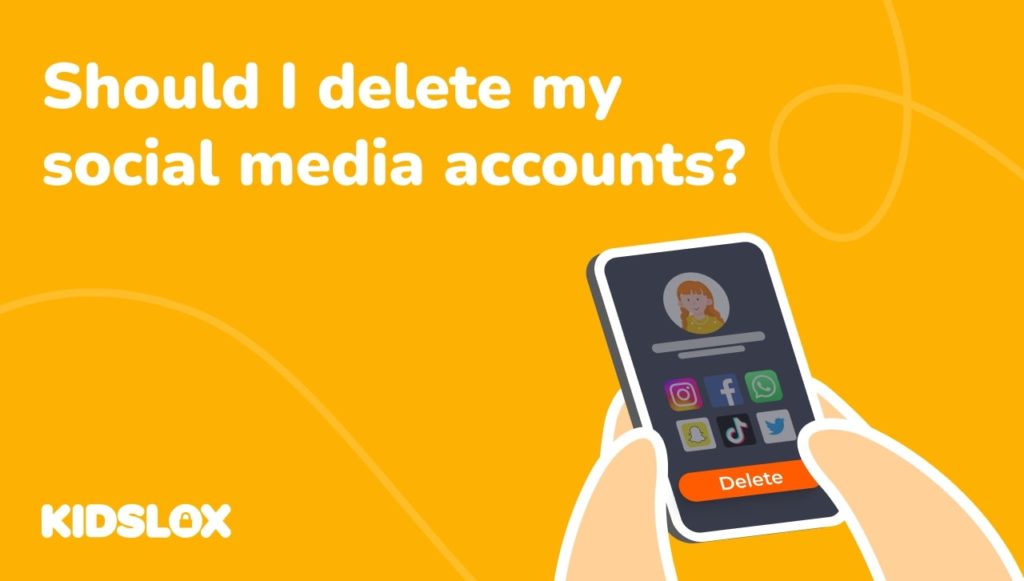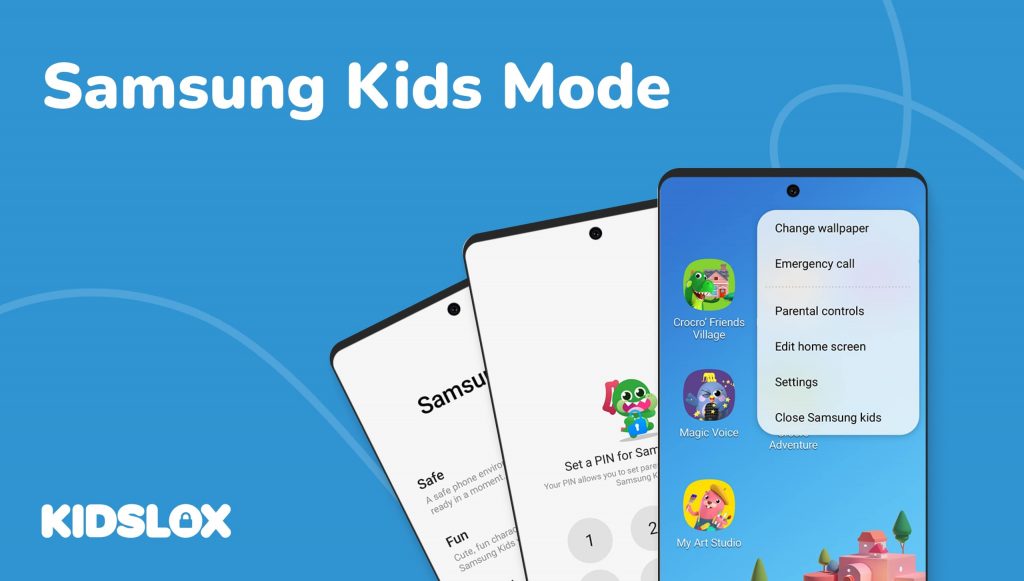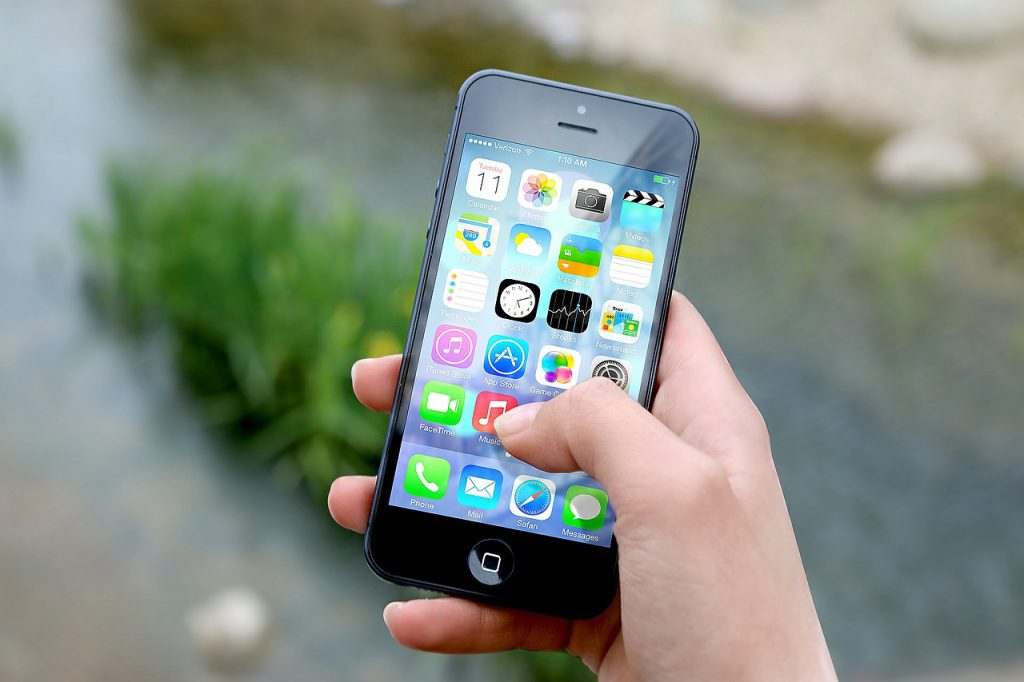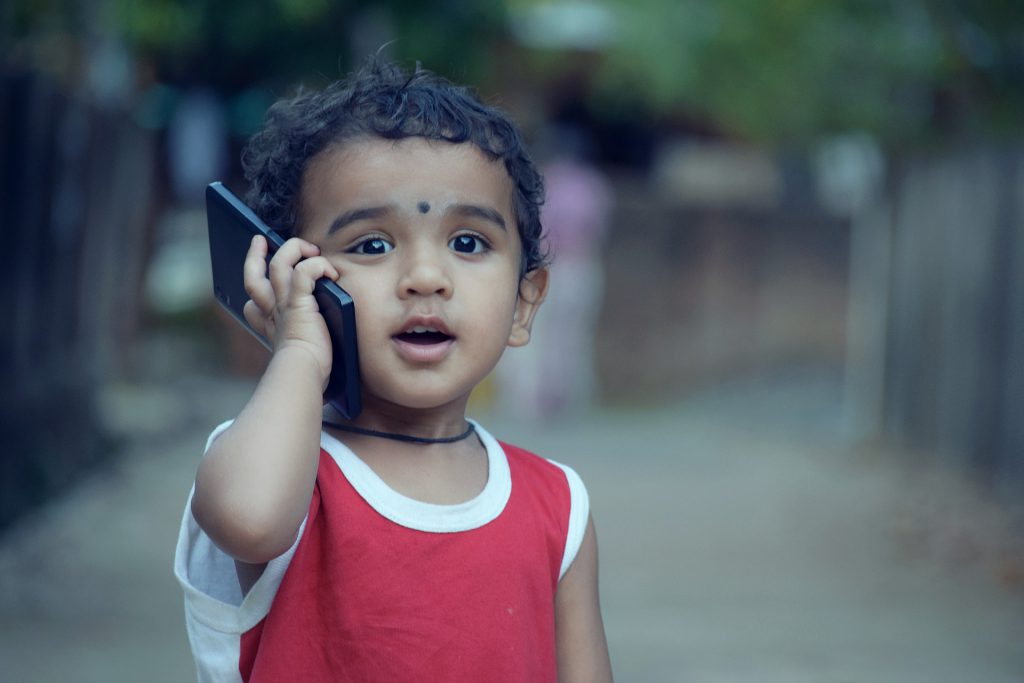Do you remember a time before social media? The days when most people woke up to an alarm clock and didn’t immediately reach for a phone? If the answer is ‘no’, you’re not alone. Many of us have been so accustomed to the omnipresence of social media, it’s hard to imagine functioning without it.
And as for our children, many of them have never known a world without smartphones and social media.
Social media platforms by their very design, can be highly addictive. The algorithms that serve us the videos and images we see as we scroll are designed to keep us sucked in, and to spend more time (and money) on the apps.
Anyone who’s ever spent more than a few minutes on TikTok’s ‘For You’ page will know all too well how easy it is to lose an hour (or more!) down a rabbit hole of seemingly irresistible content. And let’s not get started on the stickiness of Instagram stories.
While we’re busy snapping, sharing and scrolling, the social sites we use are making billions in advertising, commercial deals and partnerships. And there are almost daily reports of the political, social and cultural effects of misinformation sharing across these platforms too.
In a world that seems fixated on its screens, you may have asked yourself, ‘should I delete social media apps and just get on with my life?!’
Let’s take a look at the issue in a little more detail.
What reasons are there to delete social media?
Social media isn’t all bad. Used responsibly, it’s a great way to build connections and communities with others. It’s brilliant for keeping up to date with news, and learning about people and ideas outside of our own lives. On the flipside, there are many reasons why you might want to consider deleting social media too.
Saving money
You’re scrolling and all of a sudden, you see an ad for something you never knew you wanted and with a few clicks, oops, it’s yours!While many platforms like Facebook seemed to start organically, they are now billion pound businesses designed to keep you scrolling – and spending. Your data and the way you spend time online is a really valuable commodity to social media companies, and it’s used daily to advertise to you and to ‘optimize’ the experiences you have online.
Mental health
The effects of social media on mental health are a hot topic. Many experts agree that the constant access to images of unobtainable lifestyles, the inflammatory debates and political polarization, and the impact of photoshopping on body image are all reasons why social media is terrible for mental health.
Social media ignites the reward center in our brains by releasing dopamine (the feel good chemical) every time we get a positive interaction with an app. It all created a positive feedback loop that keeps us scrolling. Add in the approval element – ’who liked my posts and if not, why not?’, and it’s the perfect environment for overthinking and triggering FOMO (fear of missing out).
When it comes to young people, the research is even more worrying. The British mental health charity, Young Minds, suggests that around five children in every classroom are suffering from some form of mental health concern. Research also suggests that there are ‘windows of vulnerability’ when young people are more likely to feel the negative effects of social media use and this happens to women younger too. Between the ages of 11-13, young girls who were using social media regularly were more likely to report higher levels of dissatisfaction with life, and the same for boys aged 14-15.
A big distraction
According to Pew Research Center, 77% of people report using social media at work, and that’s not all for promoting their business, or generating leads either. Social media can cause serious distractions with the constant ping and flurry of notifications and temptations to check what’s happening beyond your desk and to-do list.
Comparing our lives
Comparison is the thief of joy, or so the saying goes. When it comes to sharing on social media, it’s generally accepted that most people share a highlight reel of the best bits. And while the trend for authenticity, and sharing our own hardships is on the up, no one shares the dull and dreary parts that make up all of our lives. Comparing your down days to someone else’s good ones is never going to make you feel good.
Signs that social media is affecting your mental health and it’s time to delete all apps
If you’re worried that perhaps you’re spending too much time on social media, and you’re thinking about deleting social media apps to get on with life, read some of the signs below.
1. You’re getting ‘Mom’ Guilt
Being a parent is hard enough on your emotions, but if you’re constantly bombarded with pictures of other parents who seemingly find it easier, more fun, and seem to do more for their children than you, it can be overwhelming.
Put that in the mix with a never-ending output of advice and opinions on how to raise children, it’s a toxic mix that can prey on your insecurities. Remind yourself that nothing is as it seems, you know your family best, and that you’re doing a great job.
2. You’re comparing yourself a lot
Amazing vacations, beautiful clothes, tidy and stylish homes – Instagram is the window to them all. Except they’re not real. Babies still cry, nappies always need to be changed, the kids don’t eat their greens. Everyone has the tendency to show their ‘highlights’ reel on Instagram, and rarely the gritty truth. Even the most perfect looking people have struggles.
3. You feel angry
Social media is rarely a peaceful place. It’s polarized, combative and full of people expressing their opinions without you asking for them. If you find yourself getting angry, or feeling ‘wound-up’ after spending time online, take it as your sign to cut back or delete those toxic social media apps.
4. Your relationships are suffering
Does your partner feel distant? Always looking at their phone? Experts agree that overuse of social media can have a really detrimental effect on our relationships. Time that should be spent face to face with our family and friends is replaced by a screen, and it’s not healthy. If you’ve tried a digital detox and you still feel your fingers going back to the scroll, try deleting social media apps and see if you notice a boost in your relationships.
I feel all of these things! Should I delete social media?
Social media has the power to do a lot of good, but all too often, its misuse can lead to cyberbullying, unhappiness and at the most extreme, mental health problems. But before you rush to delete your social media accounts, it’s important to consider whether you would lose something valuable in the process.
Do you use social media to keep up with friends and family in far off places? Would you miss, or lose these connections if you deleted social media completely?
What time of day do you find yourself spending too much time online? Can you replace that void with a new hobby, or time doing something good for yourself?
Are there accounts that you follow that make you feel angry or upset? Is it worth deleting or blocking those accounts first?
If you’ve considered these things, taken a break, and have reduced the time you spend on Instagram and the like, but you’re still experiencing a lot of negative emotions, to delete social media permanently might be the next step. Make sure you have all your friend’s contact details so you’re not tempted to log back on to get them.
What about my children? Should I delete social media for my kids’ wellbeing?
If you’re a parent and you have concerns that social media addiction might be making your child unhappy, you don’t have to accept that this is simply a part of modern life. Taking proactive steps for yourself and your family to protect against the negative effects of social media is a part of modern parenting. Here are some tips to try:
- Create a media plan with your children to manage time spent on line responsibly
- Encourage talking by creating a home environment when children feel that they can open up about things that are bothering them
- Download Kidslox to monitor your child’s time on social media and set healthy limits
- Explain the pros and cons of social media use in an age-appropriate way and teach them how to recognise if the apps are making them feel bad
Whether you decide to delete social media apps, or simply give yourself and your family a break from them, it’s always good to constantly assess your relationship with social media, and whether it’s doing you more harm than good. Find further resources on creating media plans, blocking certain apps and how to do things like a digital detox, here on our Guide To pages. Good luck!




